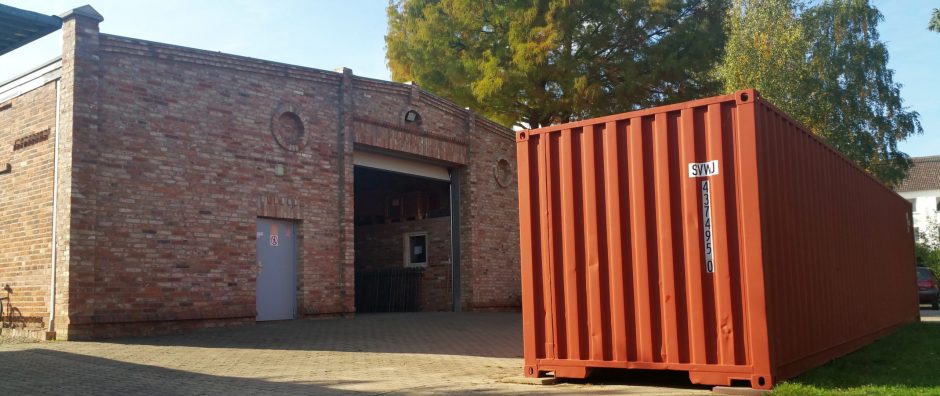Economic Partnership Agreements (EPA) refers to an EU-sponsored agreement on free trade areas between the EU and the ACP states (mostly former European colonies in Africa, the Caribbean and the South Pacific).
The previous non-reciprocal trade preferences between the ACP states and the EU will be replaced by reciprocal trade agreements. Prof. Charles Chukwuma Soludo has put forward arguments against the new agreement in an article in NewAfrican magazine.
- As a precondition for Africa’s future access to the European market, the EPA agreement stipulates that the African participating states must reduce import duties on goods from the European Union by at least 80%.
- In contrast, the import tariffs previously set by the World Trade Organization (WTO) did not represent a reduction in customs tariffs for developing countries. But under the EPA, the tariff reductions are even more massive than the import tariff level agreed with the WTO vis-à-vis the BRIC countries (Brazil, Russia, India and China).
- One of the consequences is that African countries would not be able to support their own companies through public procurement or contracts, as European companies are to be treated equally in tendering procedures.
- the European Union feels economically threatened by the export activities of the BRIC countries and is therefore trying to secure and develop resources and markets in Africa through the EPA agreement. From the EU’s perspective, the emerging BRIC countries threaten the global economic, military and geopolitical landscape. These new pressures increase the need for renewable natural resources and new markets. To safeguard national security and protect its assets, the EU must of course move quickly. Because the major powers are no longer able to impose new rules on developing countries through the WTO, bilateral and regional policies and agreements are being used instead.
- In many ways, this agreement mirrors the results of the Berlin Conference of 1884-85, where the colonization of Africa by European powers was formalized in the name of “suppressing slavery”. In the same way, it is EU self-interest in the guise of “aid and assistance to Africa”. It is the old classic “divide and rule” policy. And while the EU can negotiate as a bloc, the ACP countries are divided into seven regions, sometimes not exactly in line with regional integration.
If the main issue is indeed the “development” of Africa, there are certainly better proposals for a positive relationship between Europe and Africa. The African Union, various sub-regional groupings and even the ACP trade ministers have recommended alternatives to EPAs. There is no need to repeat history.
Summary of: Soludo Chukwuma Charles, 2012. “Europe underdeveloping Africa again?”, In: NewAfrican, April 2012
